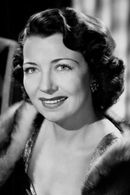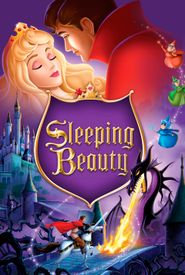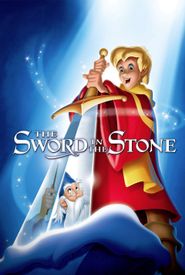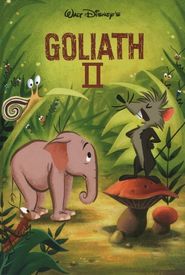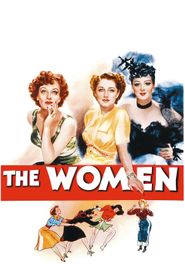Barbara Jo Allen, a talented comedienne and writer, originated the iconic character "Vera Vague" in the late 1930s, a talky, shrill-voiced, man-hungry spinster who became synonymous with her name.
Born on Fifth Avenue in New York City on September 2, 1906, Barbara developed a passion for entertaining in high school and appeared in many school plays. After graduating, she studied at the Sorbonne in Paris and later moved to Los Angeles to live with an uncle.
Barbara's inspiration for "Vera Vague" came from a PTA meeting where a woman was lecturing endlessly on world literature, changing the subject with every sentence. The character was born, and the name became a household term.
Barbara first introduced "Vera Vague" on "NBC Matinee" in 1939 and went on to write most of her own material. She became a favorite on Bob Hope's Pepsodent-sponsored show, staying with the program for many years and traveling with Bob on his USO tours.
Essentially a radio artist, Barbara appeared in over 50 films, often playing the role of a dizzy, man-chasing gal on screen. In real life, she was glamorous and lovely, with raven-black hair, and nothing like the "old maid" character she portrayed.
Barbara made her feature debut unbilled in the classic "The Women" (1939) and received better or co-star billing in subsequent "B" musicals. She stole scenes in many films, including "Buy Me That Town" (1941),"Mrs. Wiggs of the Cabbage Patch" (1942),and "Henry Aldrich Plays Cupid" (1944).
Barbara began appearing in comedy shorts for Columbia in 1943, initially playing a character different from "Vera Vague." However, she soon returned to the role, delighting audiences in over a dozen shorts. Two of her Columbia vehicles were nominated for Academy Awards in both 1945 and 1946.
After slowing down, Barbara continued to work in television, hosting shows like "The James Melton Show" (1951) and "Follow the Leader" (1953). She was featured in the musical remake of "The Women" (1956) and voiced the character Fauna in the Disney classic "Sleeping Beauty" (1959).
Despite her success, Barbara eventually retired, unable to escape the "Vera Vague" tag. She married Norman Morrell, Hope's producer, in 1943, and they had one daughter. Barbara had a huge compassion for animals and wrote and published the book "The Animal Convention," a story for children that voiced ecological and environmental concerns.
Barbara Jo Allen passed away in 1974, leaving behind a legacy of laughter and entertainment.
